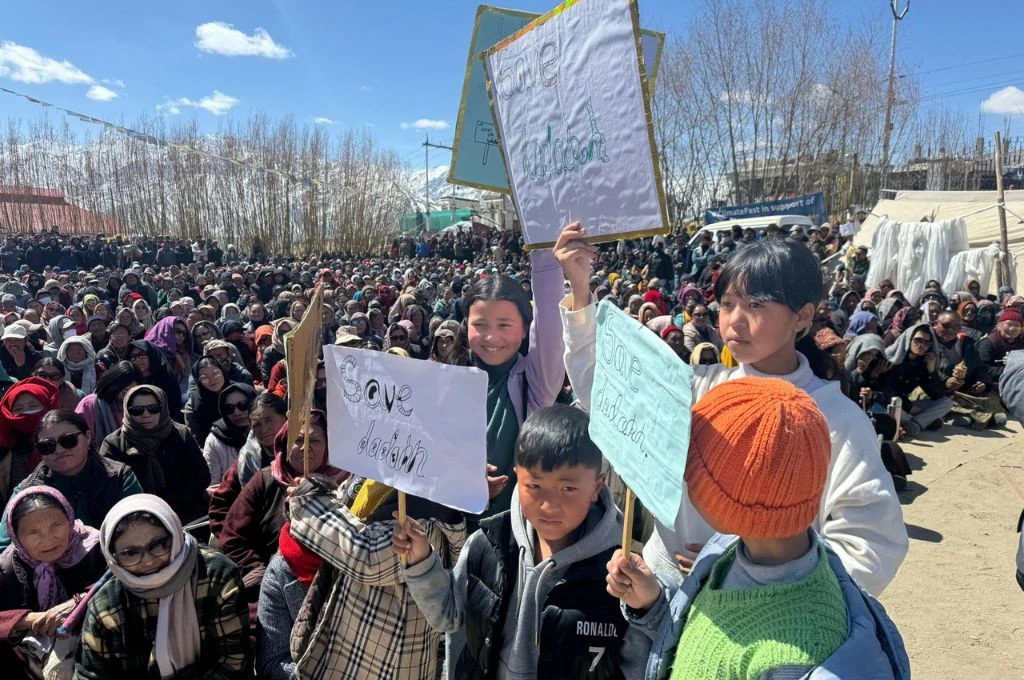
I hail from Drass, one of the coldest places in India. During the winter months, temperatures plummet to below –35°C. Due to these extreme conditions and difficult terrain, employment opportunities are limited, and traditionally, many people in the region have relied on government jobs or the army for stable employment. It is common for students to follow conventional career paths and opt for either medical or arts courses. I decided to break away from this pattern and pursue hotel management.
When I graduated in 2016, I wasn’t particularly interested in sitting for the Jammu and Kashmir Administrative Service (JKAS), Jammu and Kashmir Police Service, or similar exams. I secured a job at a private company, where I worked for four years, gaining new skills that eventually led to an employment offer from Turkey.
However, two major events in 2019 changed my fate. First, Ladakh became one of the two union territories (UTs) into which the erstwhile state of Jammu and Kashmir was divided, and Article 370—which guaranteed special rights and privileges, such as the right to own property, access to government jobs, and scholarships to all permanent residents of Jammu and Kashmir—was abrogated. Second, the COVID-19 pandemic made international travel to Turkey impossible, and job opportunities became scarce.
With the hope that Ladakh’s new UT status would provide more autonomy and create opportunities for people like me, I began preparing for government exams.
However, since 2019, no competitive exams have been conducted for high-level government posts in Ladakh. Like thousands of other Ladakhi aspirants, I am disappointed that the Union Government has not yet established a Ladakh Public Service Commission to conduct civil service exams in the UT. I have now crossed the age limit and can no longer apply for these exams.
This is a situation many of us face in Ladakh. The youth are growing more frustrated as the wait for opportunities continues without any sign of resolution. Contract-based hiring, which lacks job security and entails lower pay, is on the rise and is replacing permanent government jobs.
In the past, when Ladakh was part of Jammu and Kashmir, many Ladakhi youth successfully joined the JKAS each year. Now, with Ladakh as a UT, instead of benefitting from a higher number of local opportunities, we find ourselves increasingly marginalised. Even advisory positions, such as environmental consultancy roles, are being awarded to external candidates. Despite the local population’s deeper understanding of the region, we are often left out of the running for these jobs.
The current situation is deeply disheartening. Even when locals manage to secure some form of government employment, it is typically on a contractual basis, offering little security for the future. The hopes we had for Ladakh’s UT status opening new doors have been replaced by concerns about increasing challenges, particularly for the youth. It feels as though we are being sidelined in our own land.
Ali Hussain currently lives and works in Delhi.
—
Know more: Learn how renewable energy projects are negatively impacting people’s lives in Ladakh.
Do more: Connect with the author at akki710107@gmail.com to learn more about and support his work.



